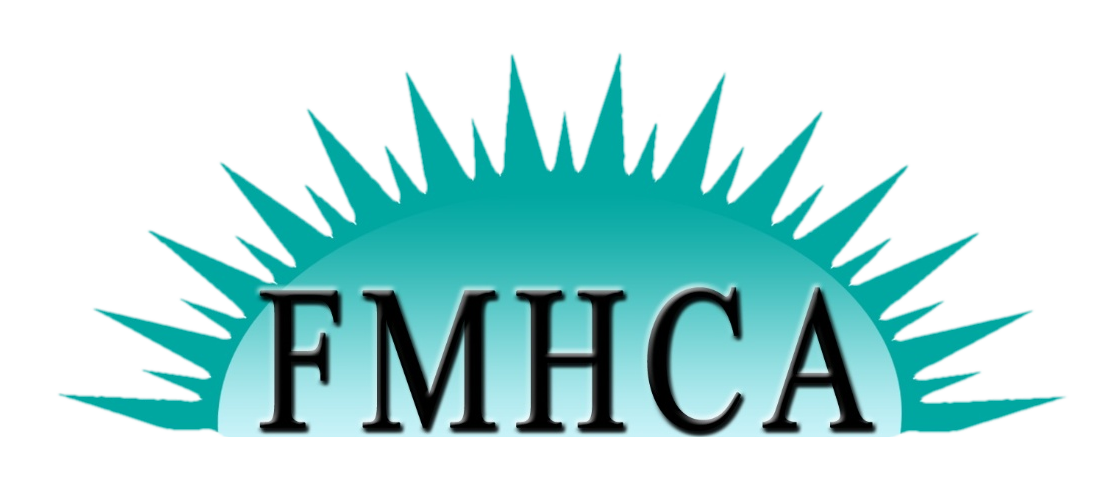15673 Southern Blvd. #107, Loxahatchee Groves, Florida, 33470 (P) 561-916-5556 (E) Office@FLMHCA.org |
Our History
To understand FMHCA’s history, it is necessary to know a little about how the organization relates to several other groups.
At the national level, the American Counseling Association (ACA) is an umbrella organization for a number of professionals related to counseling (mental health counseling, school psychologists, others). In addition, ACA has divisions on each state that mirror the national structure, such as the Florida Counseling Association (FCA).
The American Mental Health Counselors Association (AMHCA) was organized in 1976 (cofounded by Floridian Jim Messina) as a division of ACA. Two years later (1978), the Florida Mental Health Counselors Association (FMHCA) was chartered as a state affiliate of AMHCA and just as AMHCA was a division of ACA, FMHCA was a chapter of FCA. Stuart Young was FMHCA’s first President (1978-1979).
From the beginning, FMHCA has served the mental health counseling profession on Florida by monitoring and influencing legislative activity, offering educational opportunities and serving as a medium for professional networking at the local, state and national levels.
As an example of the legislative involvement, recall that mental health counseling is a licensed profession in Florida and as such is governed by the provisions of the Florida Statutes 491. An important part of FMHCA’s history is the proactive role it took in bringing about a major change in this law back in the 90s. Formerly, FS 491 was a “Title Act” (one could not call themselves a “Mental Health Counselor” unless licensed by the state). Due largely to the efforts of FMHCA members and its lobbyist, FS 491 became a “Practice Act” (one cannot practice the arts and skills, required of a mental health counselor unless license by the state). This change was beneficial to the consumer of mental health counseling services.
Another example of the important role FMHCA has played legislatively over the years is in modifying the Baker Act to permit LMHCs to invoke its provisions when necessary. Formerly, when an LMHC client demonstrated a threat to himself/herself, the practitioner had to call on a psychologist, clinical social worker or the police to make an involuntary commitment to a treatment facility. After many years of fruitless effort, the laws was finally changed, thanks to FMHCA, to provide LMHCs to make involuntary commitments directly.
Currently (since 2011), FMHCA is ably represented in Tallahassee by Corinne Mixon of the legislative consulting firm of Rutledge Ecenia, P.A that works closely with FMHCA’s Government Relations Committee.
As for providing educational opportunities, FMHCA has organized an outstanding state-wide conference since 2012. This conference is now regarded as one, if not the most outstanding state-wide conference for mental health professionals associated with AMHCA.
Organizationally, FMHCA was a local affiliate of FCA for its first 17 years. However, in 1997 it separated from FCA, forming a non-profit corporation with 501(c)(6) status under provisions of the IRS. This gave FMHCA control over its own affairs, including its database as well as its income and expenses. Perhaps the most valuable benefit of separation was that it increased the professional identity of its members.
 Florida mental health COUNSELORS association
Florida mental health COUNSELORS association




.png)




.png)

















.png)

.png)
.png)






.png)
.png)

